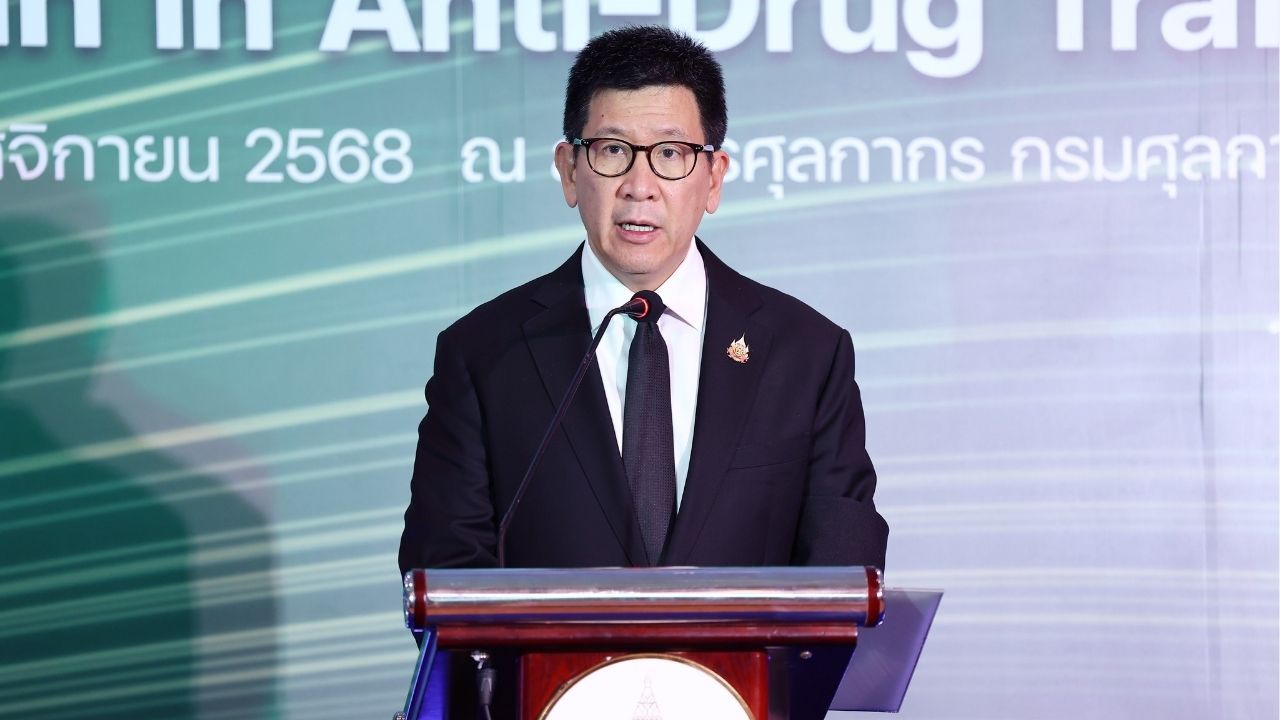Thailand to tax cheap imports to protect local SMEs

Thailand will impose a 10% customs duty on low-cost imports to support local SMEs, following concerns about cheap foreign goods harming domestic industries.
The duty will be introduced on January 1, a major policy shift aimed at shielding local small- and medium-sized enterprises (SMEs) from the rising tide of cheap foreign products.
Finance Minister Ekniti Nithanprapas announced the move, which targets goods valued at 1,500 baht or less, items that currently enjoy duty-free status. Imports above that threshold are already subject to varying tax rates depending on the product category.
“This new measure is designed to strengthen Thai SMEs and boost domestic manufacturing. It ensures fairer competition in an increasingly challenging global trade environment.”
The government is also working with online commerce platforms to help enforce the new tax system. Cooperation from major players in e-commerce and logistics will be key to managing the increased number of dutiable parcels.

According to international law firm Tilleke & Gibbins, this marks “a fundamental shift away from duty-free low-value cross-border e-commerce in Thailand,” signalling tougher scrutiny on imported goods, especially those flooding the market from China.
Last year, the previous administration introduced a 7% value-added tax (VAT) on this same category of low-cost imports, a policy set to expire in December. The new 10% customs duty replaces that temporary measure with a more permanent and targeted approach.
In recent years, Thailand’s manufacturing and retail sectors have been hit hard by an influx of ultra-cheap imports. Many of these goods have undercut local prices, disrupted supply chains, and forced small factories to shut down, resulting in widespread job losses. Industry leaders have long pushed for government action to protect the domestic market.

The impact of the new duty is expected to ripple across the e-commerce, logistics, and retail industries. Carriers, previously exempt from handling duties on low-value goods, will now face added responsibilities, including processing taxes on incoming parcels, according to Bangkok Post.
While the policy may result in slightly higher prices for online shoppers, officials argue it is a necessary step to ensure long-term economic sustainability and support for homegrown businesses.
Thailand’s customs and trade authorities will monitor the rollout closely, with additional measures expected if enforcement gaps emerge.
Latest Thailand News
Follow The Thaiger on Google News:


























